25 Nov PIA Talakayan at the Limketkai Luxe Hotel Discusses “Rehab, Hindi Rehas: Itaguyod ang R.A. 10630” and the Proposed Amendments to Lower Juvenile Criminal Age
On Wednesday, the weekly program of the Philippine Information Agency Region 10, in partnership with the Limketkai Luxe Hotel, Talakayan sa Limketkai at PIA was held at the Kave Restaurant function room of the Limketkai Luxe Hotel. This week’s topic deals with the celebration of the 5th Juvenile Justice and Welfare Consciousness Week on November 21 – 25, with the theme, “Rehab, Hindi Rehas: Itaguyod ang R.A. 10630.” The forum also discussed the proposed amendments for R.A. to lower the juvenile criminal age to 9 years old.
The Juvenile Justice and Welfare Consciousness Week is observed yearly to emphasize the rights of every Filipino youth and child, including children-at-risk and in conflict with the law (CICL), their role in nation-building, and the responsibilities of all duty bearers and stakeholders in ensuring the protection and promotion of the Filipino youth and children’s welfare.
Aside from the program hosts, in attendance at the “Talakayan” were representatives from the Regional Juvenile Justice and Welfare Committee (RJJWC) in Northern Mindanao: Atty. Ruby Malanog of the Department of Justice (DOJ), Atty. Melanie Rosete of the Department of Social Welfare and Development (DSWD), Ms. Rosemarie Conde, Chief of Operations and Programs Division, DSWD, and Ms. Gloria Mosqueda, DSWD.
According to the RJJWC, based on actual cases, actual interviews, and other information collated for Region 10, Children in Conflict with the Law (CICL) are usually:
- Male between the ages of 9 – 17
- Of low educational attainment
- Belonging to big families with low-earning capacity
- Charged with property-related crimes, crimes against persons, and violation of the Comprehensive Dangerous Drugs Act
- Abusive users of alcohol, tobacco, firearms, and illegal drugs
- Have stopped schooling
- Belong to broken or dysfunctional families
- Are influenced by friends in the conduct of undesirable behavior
- Are members of gangs
In the region, the most common offense committed by CICL’s is theft followed by physical injuries. From 2012 to 2016, Misamis Oriental has always been reported to have the highest number of CICL cases in Region 10. The years 2012 and 2013 recorded the highest in this time period with 1,308. Although this number considerably decreased in 2014 to 471 cases, it slightly increased in 2015 to 536 cases while 2016 recorded the lowest in this time period at 354 cases. However, in spite of these decreases, Misamis Oriental continues to record the highest number of cases up until the middle of 2016 for the region.
The discussions eventually led towards the proposal of some lawmakers in congress to further amend Republic Act 10630 or the Juvenile Justice and Welfare Act by lowering the minimum age of criminal responsibility from the present 15 years down to 9 years old.
According to the Talakayan discussions, there are some concerns that the age of children, who are to be held liable for crimes, should not be lowered as they are already victims of a failed government and social system. Should the children’s criminal age limit be further lowered, it will only reflect more badly on an already failed society and what kind of people we have become in society. It is, therefore, alarming to subject children to harsh punishments or institutions for crimes that Philippine society itself has instituted on its own children.
When asked about who proposed the amendments, it was made known that Capiz Rep. Fredenil Castro and House Speaker Pantaleon Alvarez, were the ones who filed House Bill 002 in seeking the amendments to the RA 10630 Act that Sen. Pangilinan originally passed. This same house bill also seeks to bring back the death penalty.
Some committee members emphasized that the amendments come at a “bad timing” since R.A. 10630 is not even being fully implemented yet. In the original law, parents and other adults can be held liable and even be arrested for crimes committed by juveniles. Should the age limit be reduced, this denies children below 16 years the acknowledgment of parents and adults of the responsibilities towards these children. Parents can simply remove themselves from responsibility towards CICL’s.
While the participants understand that society in general feels frustrated towards illegal drugs and the rise of crimes – that disregards the rights of others, most of the CICL’s involved in these crimes are mere victims of circumstance and sometimes have been coerced by adult criminal elements and even parents in acts that the children themselves do not fully understand.
Therefore, the responsibility for society’s failures as parents and adults cannot be passed on totally to the children. Some of the blame also rests on the parents, relatives, and other adults who have failed them. Thus, the committee is instead calling for the full and effective implementation of R.A. 10630 in its present content without any amendments to give the law time to bear fruit and to see its effects on the country’s justice system.
Some in the audience also called for better advocacy work to make parents aware of keeping their children away from harmful criminal elements and their influence. They also called for more liabilities towards delinquent parents in raising their children who end up as criminals.
Some participants also feared that children below 16 years may not even know their legal and personal rights under the law and this may open them to abuses committed by law enforcement agencies. It was also cited that the presently proposed amendment is in direct conflict with another Republic Act, R.A. 7610, or the Special Protection of Children Against Child Abuse, Exploitation, and Discrimination Act, that clearly states that “children in crime are considered victims.”
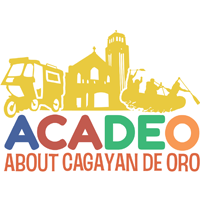
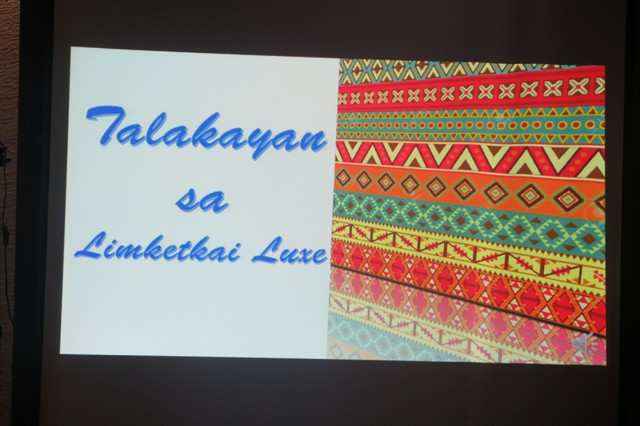

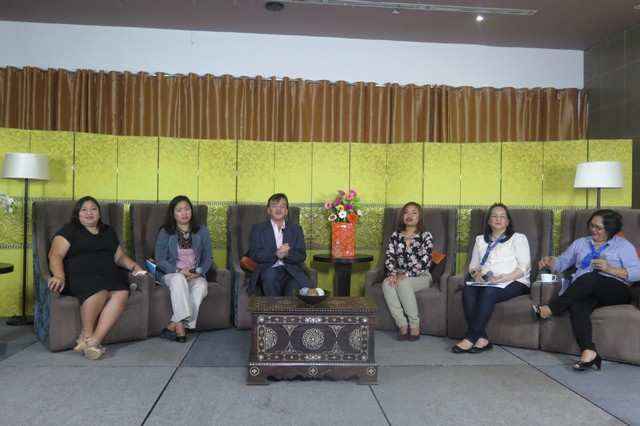
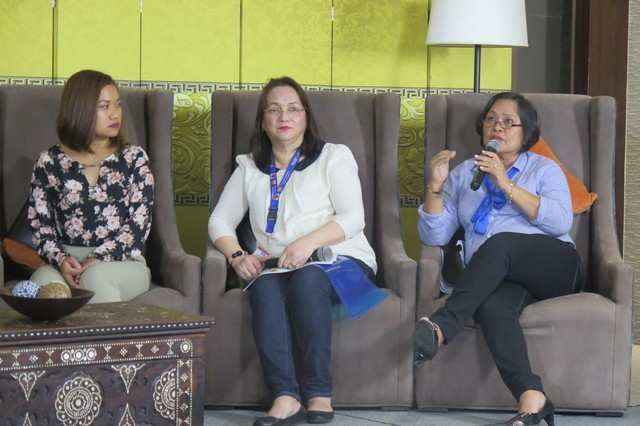
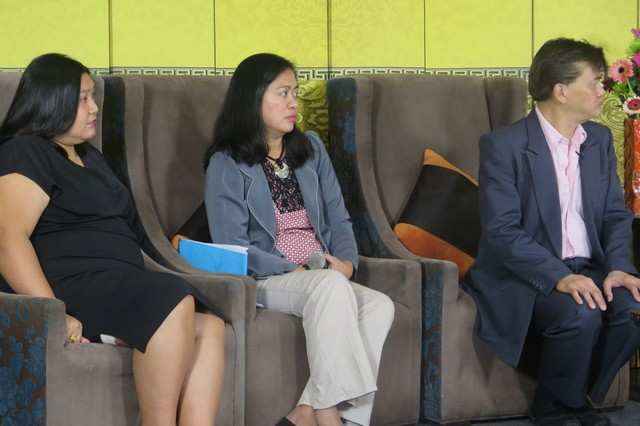
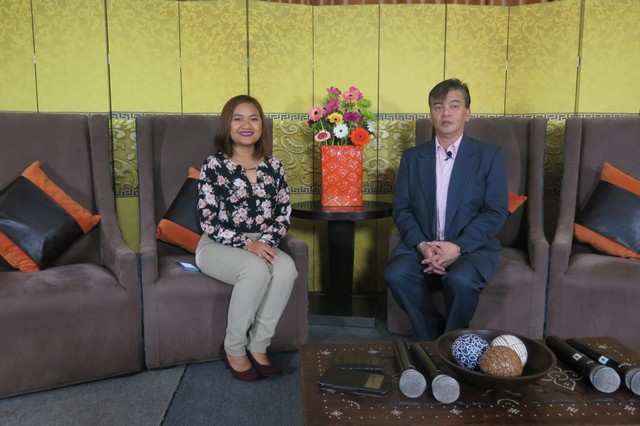
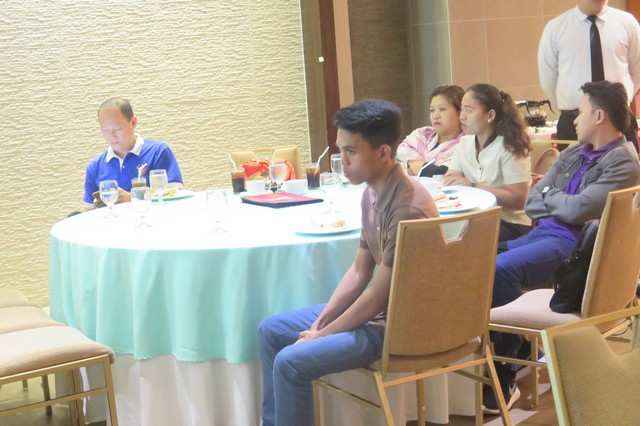
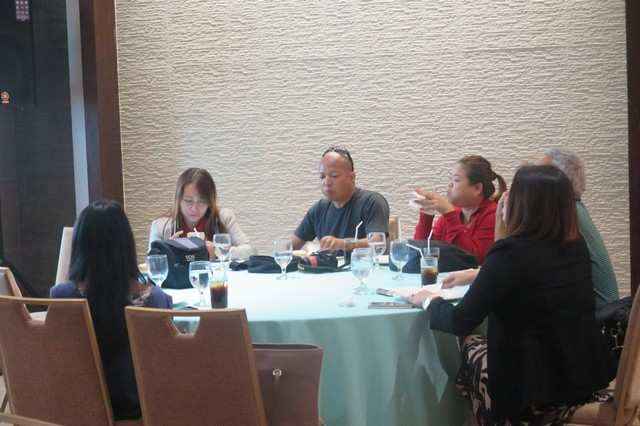
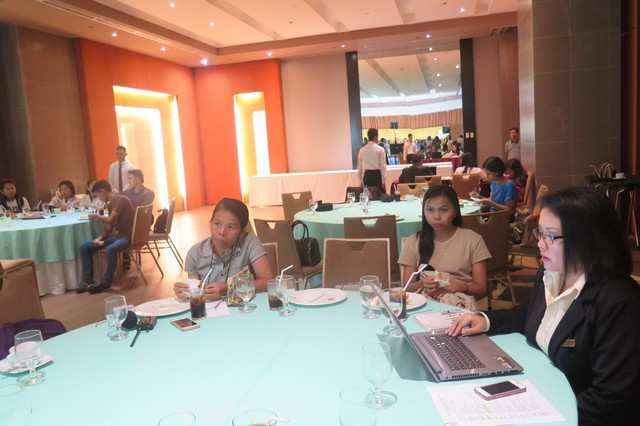
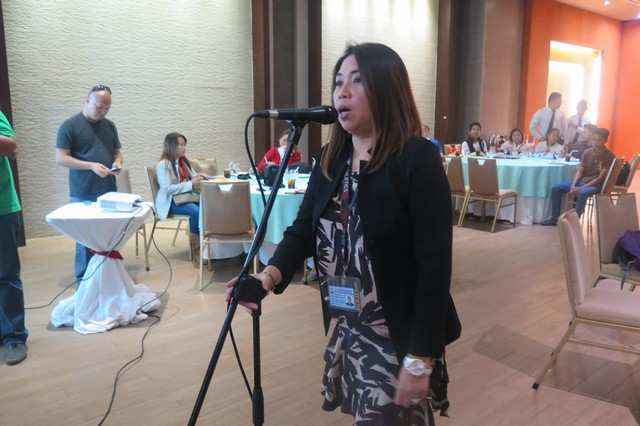
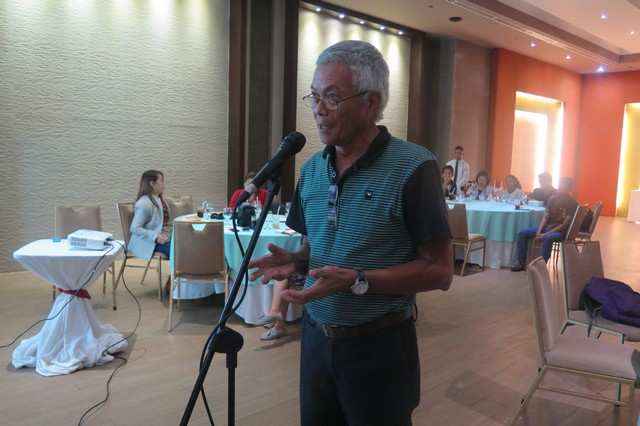
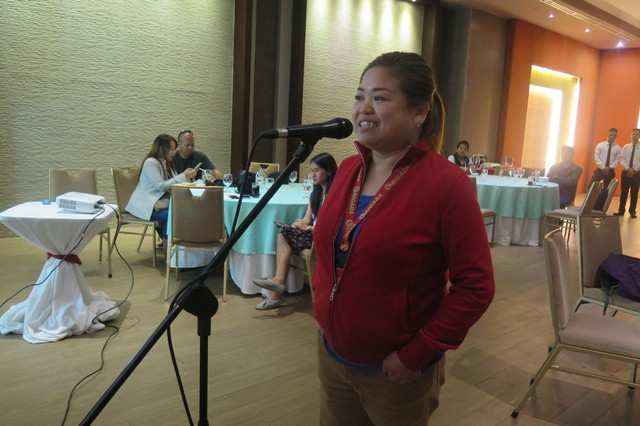

No Comments